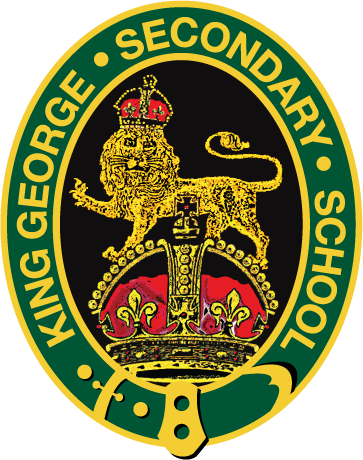History of PAC
In 1975, the Vancouver School Board adopted a plan to bring about a significant increase in the involvement of parents and guardians in the education process. The plan, unprecedented among B.C. school districts, was designed to accomplish two main objectives.
The first was to enable parents and guardians to play an active role in educational decision-making, a role that parents and guardians had been seeking as increasingly sophisticated consumers of the education system. The second objective was to increase community awareness of school programs based on the assumption that knowledgeable parents and guardians would be strong advocates for Vancouver’s public schools.
One feature, which made this model of parental involvement unique, was that it was incorporated as an important part of school board policy. In addition, the model was first proposed by the superintendent, so it had strong support from the top.
The concept was simple. Each school, with the support of the principal, was required to elect a committee to represent all parents and guardians whose children were in attendance. Elected annually, each committee met regularly throughout the school year to consult with principals and staff on school matters except personnel.
Since 1975, the concept has worked well and the main objectives have been archieved. Parents and guardians have a strong voice in educational decision-making and they are more knowledgeable than ever with respect to school programs.
Over time the model has been strengthened to include parental representation at the school board level. Through the election of district parents, parents and guardians are represented at important committee meetings. These parent representatives also work to improve consultation at the school level.
In 1994, the Ministry of Education brought in changes to the School Act, which mandated the parent consultation process in all districts. In keeping with the language of the School Act, Vancouver school parent groups are now called Parent Advisory Councils (PACs), and the district group is known as the District Parent Advisory Council (DPAC).
The consultative model adopted by the Vancouver School Board is not perfect. Some schools find it difficult to enlist enough parents to maintain strong and effective committees, and participation varies from school to school. Nevertheless, an effective method for parents and guardians to actively participate in their children’s education has been established.

